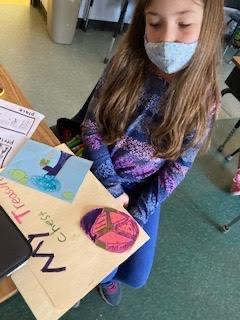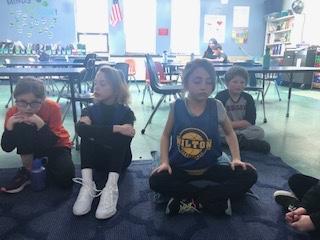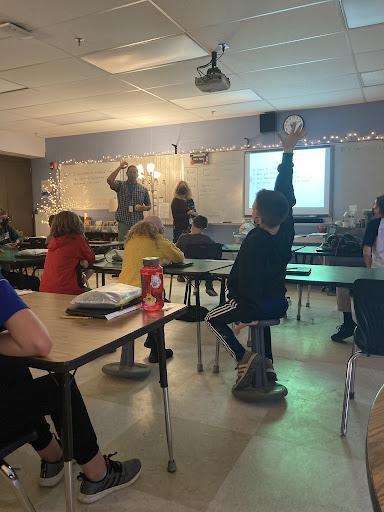Social Emotion Learning & Restorative Practices
What is Social Emotional Learning (SEL)?
Social and emotional learning (SEL) is a set of skills and practices that support the development of healthy attitudes, identities, and relationships. As part of these practices, students learn to manage emotions, achieve personal and collective goals and feel and show empathy for others. SEL empowers young people and adults to co-create equitable schools and contribute to safe, healthy, and just communities.
What are Restorative Practices?
Restorative practices are a social science that studies how to improve and repair relationships between people and communities. The purpose is to build healthy communities, increase social capital, decrease crime and antisocial behavior, repair harm, and restore relationships.
At MTSD, we understand that social connections and emotional wellness must be achieved before academic success can take place.
MTSD is implementing a district-wide universal RP/SEL curriculum for all students in grades K through 12. MTSD has chosen the SEE Curriculum developed by Emory University as a framework.SEE stands for social, emotional, and ethical learning. To meet the needs of our community, we are merging restorative structures and practices to build an inclusive community and support the whole child framework.
Social and emotional learning skills and restorative practices are strengthened over time and with continuous practice. We are gaining feedback from students, staff, and faculty members to support meaningful engagement that works for our community. Currently, the students are learning about resilience and neuroscience and are growing a bank of self-regulation tools. To learn more about the SEE curriculum click here.
Connection to the Whole Child Framework
Our SEL and RP programs reinforce our vision of supporting learners to thrive, pursue their passions, and contribute dynamically to an ever-changing world as outlined in MTSD’s Whole Child Framework.Our SEL & RP Staff
Resources
The VT AOE has developed a free virtual platform with resources for understanding and developing healthy social emotional learning.
CASEL, the Collaborative for Academic, Social and Emotional Learning has developed an Interactive Visual that can be explored to better understand SEL goals and competencies.
The SEE Learning Program focuses on three core elements of learning. The core elements are awareness, compassion and engagement. Each of these units of study are applied to self, social and systematic learning. Under the theme of awareness, students learn about attention, self awareness, and social/systematic awareness. Students learn about and practice self-compassion, compassion for others and recognition of common humanity. Under engagement students study and practice self-regulation, relationship skills and community and global engagement.















